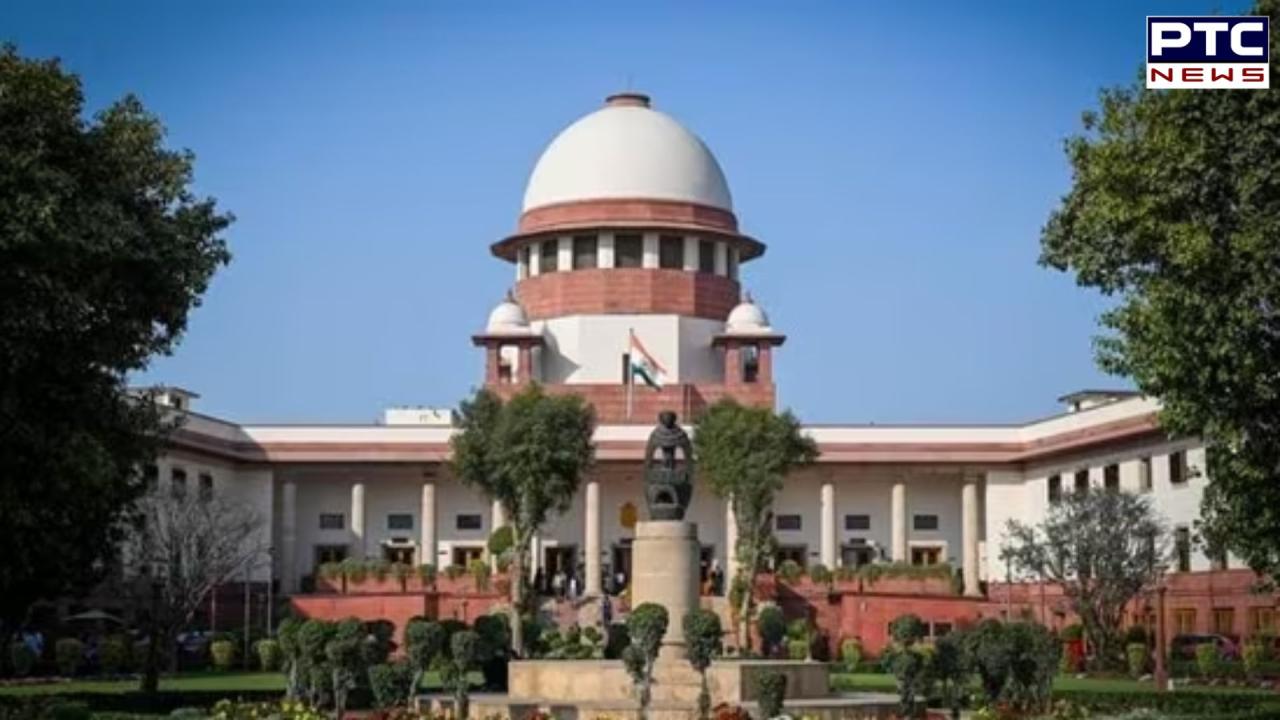

SC upholds constitutional validity of UP Madarsa Act 2004, dismissed Allahabad HC order
PTC News Desk: The Supreme court upheld the constitutional validity of 'Uttar Pradesh Board of Madrasa Education Act 2004' exempting provisions allowing the Board to award higher degrees like Fazil and Kamil.
On this, the SC bench said a “statute can be struck down only for the violation of part 3 or any other provision of the constitution or for being without legislative competence. The constitutional validity of a statute cannot be challenged for violation of the basic structure of the constitution. This court has accepted that a challenge to the constitution validity of a statute for violation of the basic structure of the constitution is a technical aspect because the infraction has to be traced to the express provisions of the constitution. Hence, in a challenge to the validity of a statute for violation of the principle of secularism, it must be shown that the statue violates provisions of the constitution relating to secularism.” It said that “the High Court erred in holding that the statute is bound to be struck down if it is violative of the basic structure.”
A three bench judge headed by Chief Justice of India DY. Chandrachud dismissed the Allahabad High Court's verdict referring it as violation of principles of secularism, which is a basic structure of the constitution.
“The Madrasa Act regulates the standard of education in Madarsa as recognised by the Board for imparting Madarsa education….is consistent with the positive obligation of the state to ensure that students studying and recognised Madrasas attain a level of competency which will allow them to effectively participate in society and earn a living” and “Article 21A (of the Constitution) and the Right to Education (RTE) Act have to be read consistently with the right of religious and linguistic minorities to establish and administer education institutions of their choice,” the CJI said while reading out the verdict.
- With inputs from agencies
